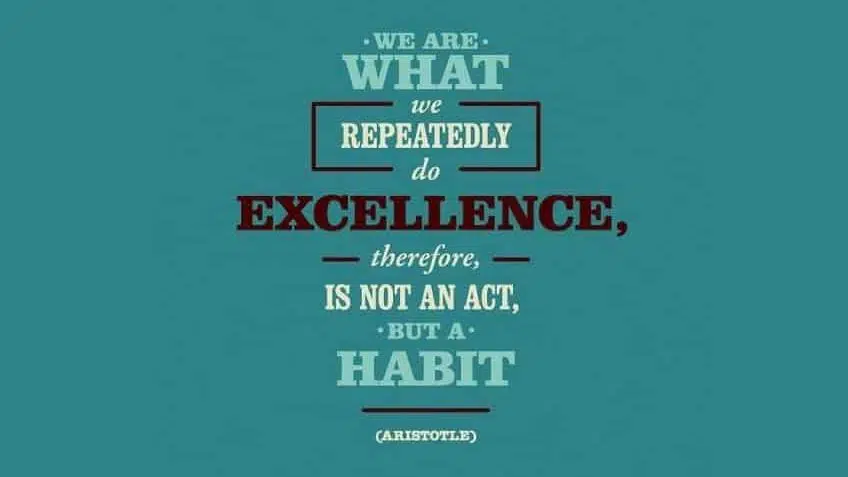“…Arghh! Not the same song for the 10th time?”
“Repetition is the mother of learning, the father of action, which makes it the architect of accomplishment.” – Zig Ziglar, renowned motivational speaker & author
Recently, we received a great question from one of our mums. I’m sure she’s not the first person to wonder, so I thought I should share it with you all.
Question: Is it typical for each class to be very similar each week? We’ve noticed that we are singing the same songs each week and I’m hoping that the class changes a bit from week to week. Could you let me know?
Answer: Your question was both astute and excellent. That tells me that you are paying attention in class!
While we as adults may quickly get bored and tired of an activity, it is important that we recognize the importance of repetition to our child’s development and learning. Think back to when you learned to ride a bike, drive a car or play a new sport. First, you needed to learn the essential skills. Then it was all about practice and more practice until you increased your confidence, improved your speed and became skilled. The next time your child asks you to read a particular book for the tenth time or play her favourite rhyme for the twentieth time and insists on playing the same game over and over again, remind yourself that it’s a good thing because repetition provides a child the practice that she needs to master a new skill.
Learning, or the growth of neural connections in the brain, is strengthened through repetition. A one-time experience is not enough for a neural connection to form and stabilize. It is through repetition that possibility becomes ability. That is why at NutSpace, activities are repeated over and over. Repetition is the foundation of learning at NutSpace programs.
However, we do extensions of activities and surprise little brains every now and then, for instance we play a few songs when we start a new batch and keep playing those songs till the time children start responding to all the actions and moves in those songs. After a few weeks we introduce a few new ones but continue to play the old songs so that children don’t feel lost or disconnected. This allows children to have mastery of an idea before we add a new one.
Did you ever wonder why children expect a favourite activity to be repeated again and again and again? Repetition is a necessary building block of development. Children’s brains KNOW that they need repetition. They are pretty smart little creatures and beings of habit! Try changing the bedtime, mealtime and playtime routines and you are in for trouble. They love sticking to a set pattern.
Our classes have a set pattern for tiny ones, there’s music with props when they come in, then dance, then story time, then painting and messy play to end the class. All this has been thoroughly researched and cleverly incorporated into the class not just to make children happy but also enhance their brain development. Knowing what to expect and having things happen in that way not only helps children know what to expect and feel at ease, it’s also how they learn to cope with newer and unfamiliar spaces as they grow. When the environment and routine is predictable, then a child feels safe and learning can naturally happen.
You may feel that you’re ready to move on to the next activity but believe me your child isn’t.
From the book: On Repeat: How Music Plays the Mind
Music takes place in time, but repetition beguilingly makes it knowable in the way of something outside of time. It enables us to “look” at a passage as a whole, even while it’s progressing moment by moment. But this changed perspective brought by repetition doesn’t feel like holding a score and looking at a passage’s notation as it progresses. Rather, it feels like a different way of inhabiting a passage — a different kind of orientation.

